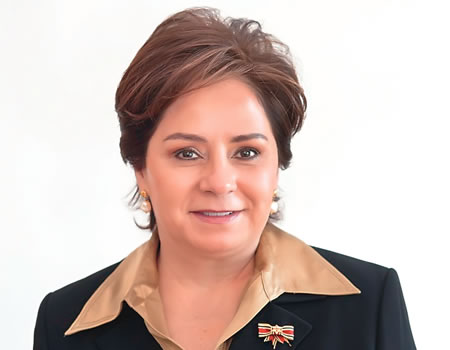The Executive Secretary said, “The summit is an historic opportunity to foster a new form of inclusive multilateralism that is vital to achieving our goals. It recognizes the key role of non-party stakeholders in climate action in addition to that of governments. We need everyone on board.”
According to the United Nations Framework Convention on Climate Change (UNFCC), “all actors around the world are invited to participate in this moment by demonstrating the depth and range of climate action in their sectors and geographies to achieve the goals of the Paris Climate Change Agreement.
“The Summit is focused on taking ambition to the next level through five key issue areas: healthy energy systems, inclusive economic growth, sustainable communities, land and ocean stewardship and transformative climate investments. All of these five pathways have critical challenges to overcome in order to limit the global average temperature rise to well below 2°C from pre-industrial levels.
“The abundance of climate action announcements and achievements by cities, regions, business and citizens is already narrowing the gap between current emission levels and those outlined in the Paris Agreement. For example, California recently announced that it reached its 2020 emissions reduction goal four years ahead of schedule in 2016.”
The UNFCCC secretariat (UN Climate Change) was established in 1992 when countries adopted the United Nations Framework Convention on Climate Change (UNFCCC).
With the subsequent adoption of the Kyoto Protocol in 1997 and the Paris Agreement in 2015, Parties to these three agreements have progressively reaffirmed the secretariat’s role as the United Nations entity tasked with supporting the global response to the threat of climate change.
The secretariat is located in Bonn, Germany.






